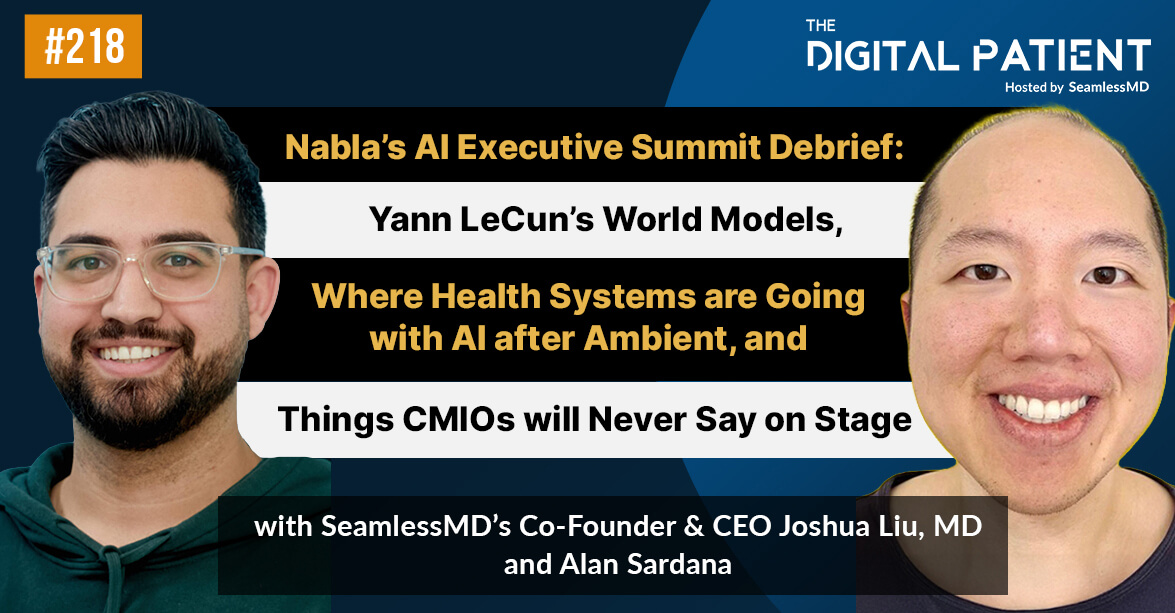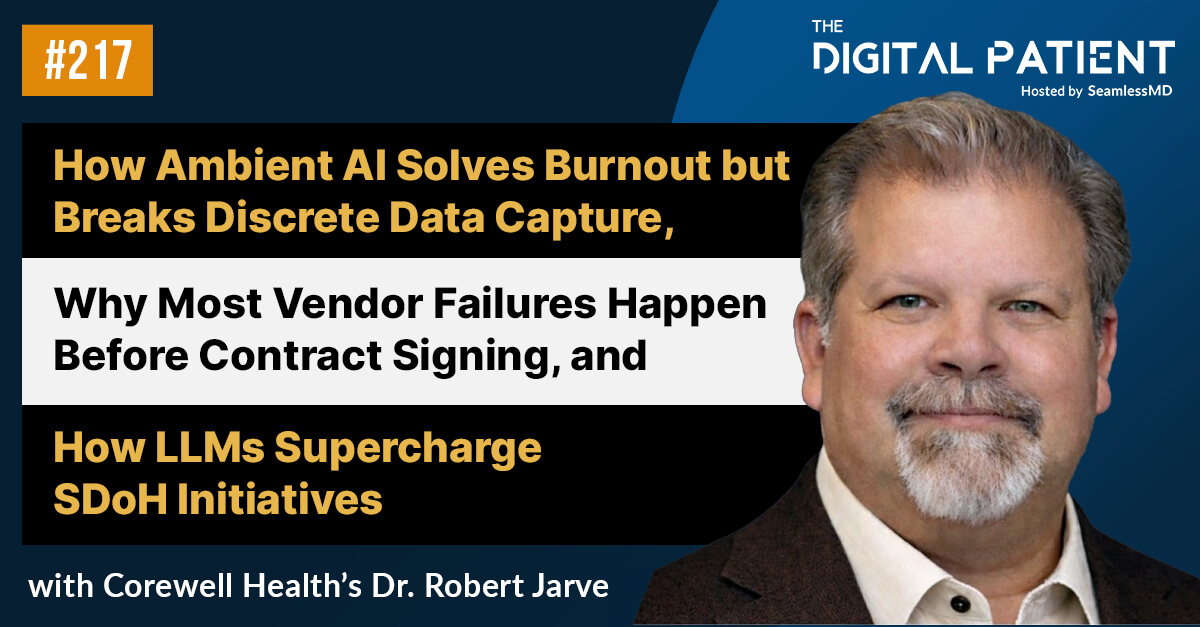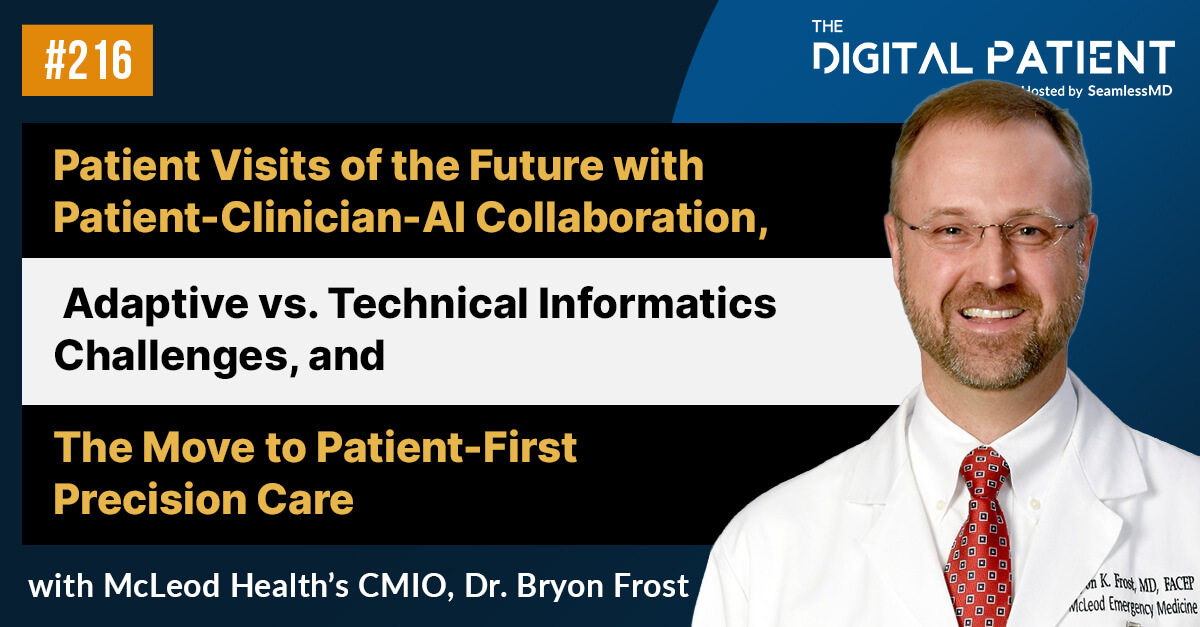In March, the team at É«˝äÖ±˛Ą had the privilege of attending the annual American Society for Enhanced Recovery (ASER) in Florida, where the conference experience was “enhanced” by the beautiful weather of the Sunshine State.From the opening sessions, we could tell that the event would be one to remember as it focused on topics synonymous with É«˝äÖ±˛Ąâ€™s mission. To wit, the state of Enhanced Recovery (past, present and future), optimizing patient care through compliance-tracking, and the importance of shared-decision making and patient engagement for a successful Enhanced Recovery program.Adding to the spectacle, our friends from Saint Peter’s Healthcare System, Drs. Attila Kett and Elizabeth Cherot, won 1st and 3rd place with their three fantastic posters featuring their work with É«˝äÖ±˛Ą. The posters’ were focused on their use of É«˝äÖ±˛Ą to implement the United States’ first successful Enhanced Recovery After Surgery (ERAS) program for cesarean section, its impact in reducing patient length of stay, and the positive results they’ve had performing narcotic-free c-sections. Their evidence, amidst the opioid epidemic, is paving the path towards a brighter future for healthcare at large.The second and third days of the conference had a heavy focus on optimizing patient care through patient engagement and compliance-tracking, as well as cultivating the right conditions for success with Enhanced Recovery. This included topics such as obtaining buy-in from your team and leadership, outlining the role of the coordinator, and the collection and analysis of important ERAS data – like Patient Reported Outcomes (PROs) and patient adherence to ERAS elements – using patient engagement technology such as É«˝äÖ±˛Ą.Some of the key takeaways from the conference include:
- Shared-decision making – Recognizing the unconscious processes that typically guide decisions, and the importance of implementing Daniel Kahneman’s coined term, “Thinking Fast and Slow” to increase patient activation and cultivate a shared-decision making approach to patient care
- Patient engagement technology – Its integral role in optimizing patient care, collecting ERAS compliance and PROs, real-time analysis for mitigating complications and readmissions, and identifying quality improvement initiatives. For more information on this topic, check out .
- Structuring an internal powerhouse – Establish a multidisciplinary team, meet regularly with an agenda that promotes productivity and actionable decision-making, celebrate “wins” (standardized protocols, compiled education material, first patient enrolled, etc.) to keep the momentum going, and encourage competition (month over month results, transparency around protocol compliance, transparency over results, etc.)
In summary, ASER 2018 raised profound questions and shared invaluable, actionable content. Displaying collaborative learning at its finest, ASER and its attendees proved that getting better together benefits all.Cheers to value-based care,– Alan Sardana, É«˝äÖ±˛Ą
.svg)





